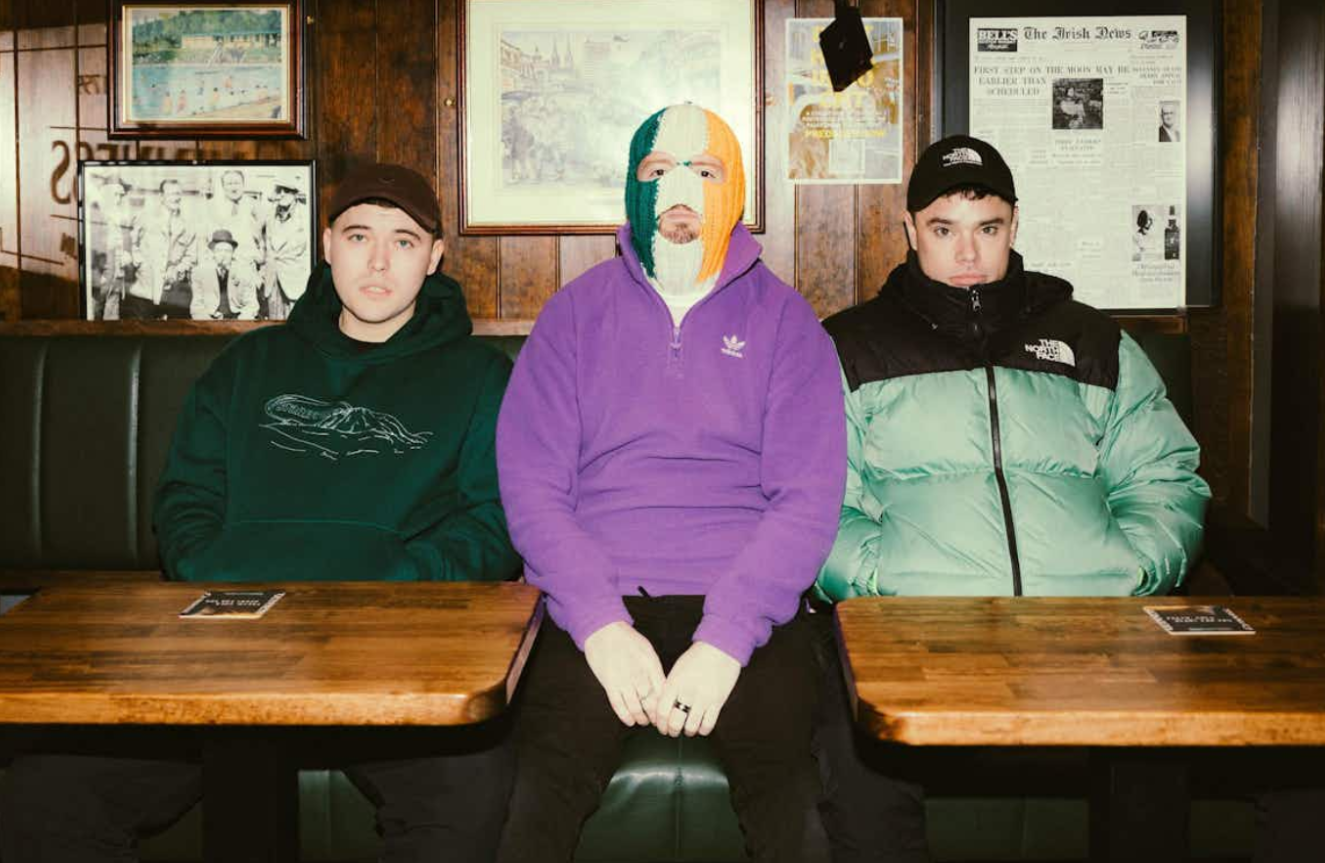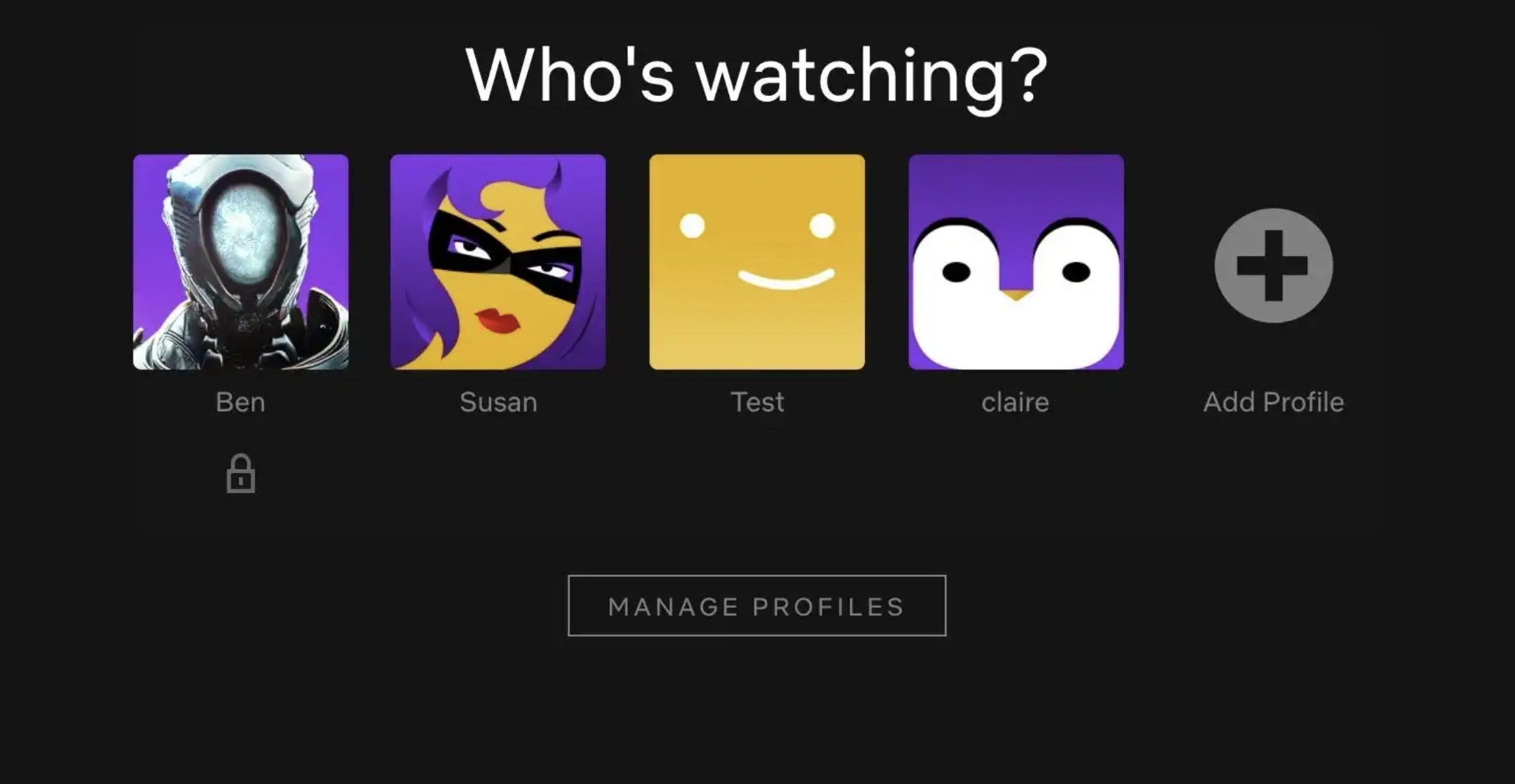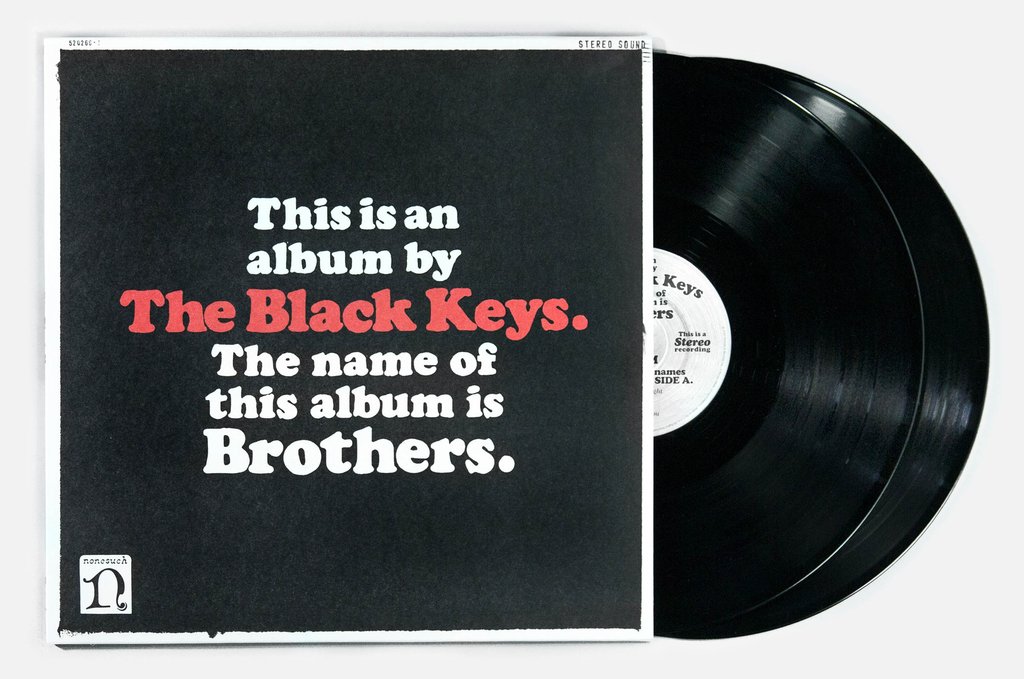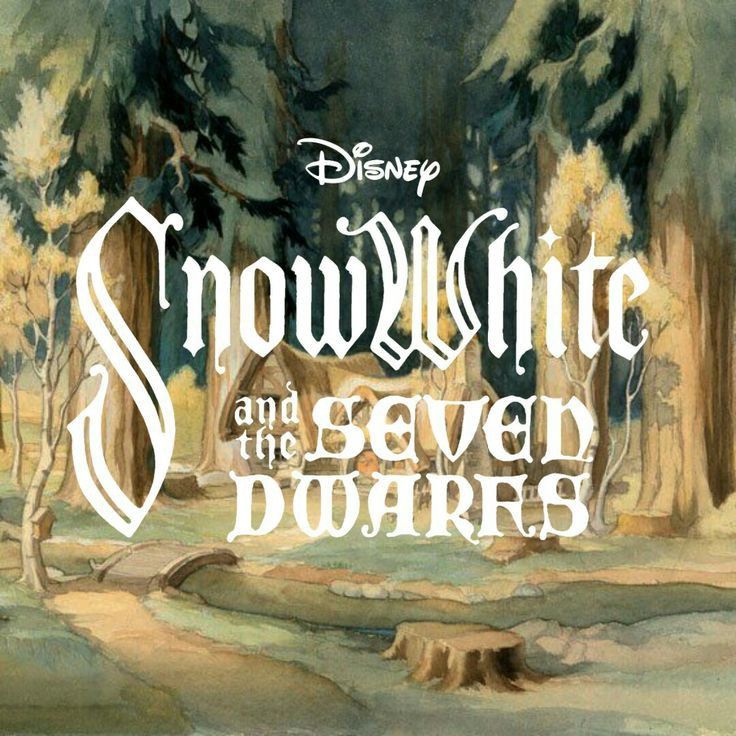By Cormac Stephen Synnott, Year 12
In 2017, C.E.A.R.T.A. was released by newly formed Irish trio Kneecap. Inspired by a stint in police custody done by a friend, the song was penned to raise awareness of the marginalisation of the Irish language. The song was a mix of Irish and English, and was an immediate success; especially after being banned on Raidió na Gaeltachta, a state-run irish-language radio station, for ‘drug references and cursing’. Since then, the group has released two albums, the second of which, Fine Art, has helped to blast them into both national and international stardom; simultaneously, a film on the group has been released to critical acclaim.
But who are Kneecap? Comprised of Mo Chara (Liam Óg Ó hAnnaigh), Móglaí Bap (Naoise Ó Cairealláin), and DJ Próvaí, A.K.A JJ Ó Dochartaigh. Ó hAnnaigh and Ó Cairealláin are both from West Belfast, an area run by Republican or other Left-Wing politicians since 1966 – while Ó Dochartaigh being from Derry.
As mentioned earlier, the group were formed in 2017 after Móglaí Bap and a friend went out to spray paint the day before the Irish language act march. After spray painting Cearta -Irish for “Rights”- on a bus stop, the friend was arrested by the PSNI and returned to the police station for questioning. However, whilst in the police station, the friend refused to speak English, opting instead for their preferred language of Irish. Unable to find a translator, the police made the friend stay overnight at the station, before being released the following day upon the arrival of a translator. As a response to this, the band began work on debut single C.E.A.R.T.A., a hip-hop track performed in Irish. The song was well received, however was promptly banned on RnaG; a manoeuvre met with a petition with some 700 signatures to reverse the ban on the song.
However, this would prove to be a fairly typical episode in the careers ahead of kneecap’s members. By 2018, debut album 3CAG was released, and Kneecap were already making an impact. Though they had yet to break into the mainstream, they were already highly influential within Irish Language and Republican circles. 3CAG also caused a stir upon release. The name references MDMA (derived from the Irish Trí Chanson agus Guta, or “three consonants and a vowel”) and features tracks with titles such as “Your sniffer dogs are *****” and “Tá na Baggies ar an talamh”, meaning “The baggies are on the ground”. It was no wonder the band would cause a fuss. However, this is not something they see as problematic.
As stated by Móglaí Bap in a 2024 interview with The Face, “Riling people up amplifies what we want. People have emotional reactions, but there’s real-life consequences to Brexit, the border, occupation to confront.” As such, the band can use this controversy not only to their advantage, but also to further push their messaging. In the same interview, Mo Chara says “The people on the ‘other side’ aren’t our enemy […] We always get people saying we’re promoting sectarianism. We’re all working-class. We’re satirical Fenian *****.” The band consider themselves “working class first” and use their music to further their political messages. As such, the controversies involving politicians and television broadcasters do not impede the band; they do the opposite, helping the band demonstrate their politics, and attracting more fans who are disillusioned with current politics and the status quo.
As mentioned earlier, the band’s politics are of great importance. But what exactly are these politics? A major part of the band’s political identity is rooted in Irish republicanism– opposition to the British occupation of Northern Ireland and a push for Irish Reunification. However, Kneecap also remains firmly to the left of most political issues. The band often promote working class issues, with Móglaí Bap stating “There’s a lack of understanding about the systems that uphold class division, sectarianism and racism. It props up the powerful. Ireland is multicultural. It’s not a United Ireland just for the Irish.” In addition to this, the band have been very vocal in their pro-Palestine stance, with number 8 of the band’s “10 rules to live by” being “Be outspoken, leave your mark and stand up for your people. Stand up for Palestine, and stand up for oppressed people around the world.” In this way, Kneecap are once again of considerable relevance in Irish youth culture and politics, who draw parallels between Ireland and Palestine and as such believe it is an issue to be addressed urgently.
However, Kneecap’s main fight is that of the Irish language. As a result of English imperialism in Ireland, and the continued occupation of the six northern counties, the degree to which the Irish language is spoken has greatly decreased in the past two hundred years. As stated by Móglaí Bap, “Number one on the to-do list of colonialism is to wipe out a people’s language because it takes away their identity- it takes away their meaning.” The language, which Unesco classed as “Definitely Endangered” in 2021, has been undergoing revival efforts in recent years. An integral part of this takes place through popular media, with films like An Cáilin Ciúin and, especially, music. Irish singer Hozier stated in an interview about singing in Irish to a crowd who have learnt the lyrics that “there’s something that really excites me.” However, to slightly simplify and conclude, Kneecap’s politics encapsulate the desires for freedom, diversity, equality, and justice– values that are highly relevant to the Irish people, especially those of a younger generation.
After the release of 3CAG, the band continued to occasionally release singles for the coming years, with some of these achieving considerable levels of success, for instance H.O.O.D and Get Your Brits Out both entering Ireland’s top 100. (These two songs are also, as may be gathered from the titles, more good examples of Kneecap’s signature use of crude humour and irony.) However, it would be with the release of the single Better way to have it in November of 2023 that Kneecap would appear in the proper mainstream of Ireland’s media. The track, featuring Fontaines D.C. singer Grian Chatten, was a massive hit, reaching 61 in the Irish charts. It is also, to this day, Kneecap’s second most popular song on Spotify. However, the main reason this song is so relevant is that it was the first single from the long awaited album Fine Art. Released on the 14 of July 2024, the album has, as of writing this, been Kneecap’s most popular.
The album includes a number of guest appearances beyond that of Chatten, such as Radie Peat on 3CAG (this time a song). Radie Peat, lead singer of the critically acclaimed Irish contemporary-folk band Lankum, is – much like Kneecap- also known for her, along with the rest of her band’s, vocality on various social issues.. In addition to Peat, Irish singer Nino also makes an appearance on Love Making, another single released prior to the full release of the album.
The album itself is semi-narrative, albeit in a slightly deranged way. As one might expect from a Kneecap album, it is full of crass humour and substance use. I won’t try to describe the narrative of the album, because to do so in a just manner would take quite a length of time. That being said, among other things, the band fly to London, do cocaine, Móglaí Bap goes missing, and they spend their dole money on beer. However, slightly ludicrous subject matter aside, the album does have its serious moments. Chatten’s lines on “Better way to live”, which address the monotony of day to day life and alcoholism are very well written and feel very intimate; yet, intimate in a way that one can relate to, in a way that feels as though Chatten is speaking directly to the listener, discussing both the listener’s and his own problems. However, “Better way to live” is not the only song on the album to concern a more sincere topic. On “Sick in the Head” for instance, the band discusses mental health, and the growing number of people suffering from mental health-related issues. As phrased beautifully by Stuart Bailie in his 5/5 review for NME, “This is the poetry on the cubicle wall: sometimes funny, sometimes sad, sometimes aggravating, but it’s got your attention.”
However, despite the occasionally serious and sombre subject matter, the album is still very energetic. Mojo rated the album a 4/5 and stated that “the wild times end on a poignant, giddy high with ‘Parful’ – a house-y banger raving about everyday hedonism transcending sectarian violence – an irresistible distillation of Kneecap’s peacetime party music.” This review mentions house music, which I feel is a fair comparison to make with Fine Art. The fast, beat driven tracks are very well-crafted house pieces, mixed with the attitude and lyrics that generally define punk, not to mention the Irish language rapping. As such, the album often feels like it transcends genre. In her 5/5 review of the album for the Irish Times, Una Mullaly calls Fine Art “a radical symphony”, a description that I believe very accurately describes the album as a whole. In all, Fine Art was a very well received album by fans and critics alike.
Kneecap’s specific combination of music, politics, humour, and art, has struck a chord with many people. It is easy to hear of Kneecap, and their rap-punk fusion, and automatically assume and dismiss them as merely appealing to youths. However, this simply is not true. As evidenced by reviews, gig attendance, and my own parents, Kneecap’s appeal – both musically and politically– is something that transcends age and culture. In brief, Kneecap’s use of the Irish language in a modern and energetic way, paired with their unapologetic political personæ and their ability to approach complex issues such as Irish reunification, with humour and energy, has rendered them a phenomenon both in Ireland and beyond.



